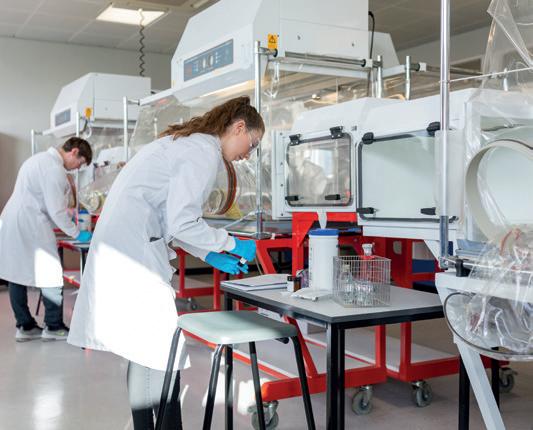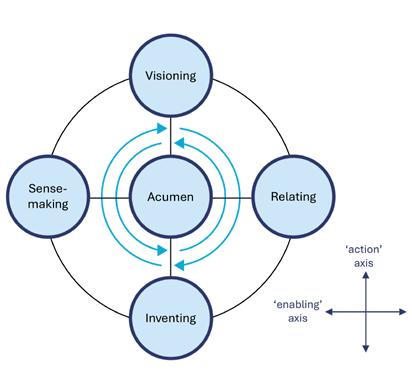
2 minute read
UK-INDIA TRADE DEAL MARKS START OF NEW ERA
Historic UK–India Trade Agreement Unlocks New Era of Economic Partnership
In a landmark move, the United Kingdom and India have signed a comprehensive Free Trade Agreement (FTA), marking in a new era of bilateral cooperation and economic opportunity. The agreement, signed on 24 July 2025, significantly reduces trade barriers and is expected to double bilateral trade to $120 billion by 2030.
India’s Export Advantage
Under the new deal, 99% of Indian exports to the UK will now enjoy duty-free access, benefiting a wide range of sectors:
• Agriculture: Including fruits, vegetables, spices, pulses, pickles, jackfruit, millets, and organic herbs.
• Marine Products: Such as shrimp, tuna, fishmeal, and aquaculture feeds.
• Textiles & Apparel: Over 1,100 product categories now tariff-free.
• Engineering Goods: Tariffs of up to 18% eliminated.
• Pharmaceuticals & Medical Devices: Generic medicines and diagnostic equipment like ECG and X-ray machines now duty-free.
• Chemicals & Plastics: Exports expected to grow by 30–40%.
• Leather & Footwear: Tariffs slashed from 16% to zero.
• Gems & Jewellery: Exports projected to double within 2–3 years.
• Sports Goods & Toys: Enhanced competitiveness against global players.
UK’s Strategic Gains
The UK will see 90% of its tariff lines reduced or eliminated, with 85% reaching zero-duty status within a decade. Key sectors include:
• Spirits: Duties on Scotch whisky and gin reduced from 150% to 75% immediately, and to 40% over 10 years.
• Luxury Vehicles: Tariffs cut from over 100% to 10% under a quota system.
• Consumer Goods: Cosmetics, electronics, food products, salmon, lamb, and machinery will benefit from significant tariff reductions.
Boost to Services & Labour Mobility
The agreement also enhances professional mobility and services cooperation:
• 1,800 UK visas annually for Indian professionals including chefs, yoga instructors, musicians, and IT experts.
• Social security exemptions for Indian workers in the UK for up to 3 years.
• Access to 35 UK sectors for Indian professionals, with work rights for up to 2 years.
Strategic Collaboration & Public Procurement
The FTA paves the way for deeper strategic collaboration in:
• Defence, clean energy, education, innovation, and climate technology.
• UK companies will be eligible to bid on non-sensitive Indian government tenders, valued at approximately £38 billion.
Economic Impact
The deal is expected to deliver substantial economic benefits:
Reacting to news on the signing of a Free Trade Agreement (FTA) with India, William Bain, Head of Trade Policy at the BCC, said: “It will open a new era for our businesses and boost investment between two of the world’s largest economies.
“Key UK sectors which are expected to benefit include food and drink, industrial goods and automotives. Not only will they see lower tariffs now, but there will be further reductions over the next decade, creating stable conditions to expand UK exports to a fast-growing market.
“A stronger UK-India relationship also creates huge scope to raise our services exports, which already outperform our sales of goods. This deal will create new opportunities in the transport, travel, creative and business support sectors alongside traditional strengths in finance and professional services.”
Richard Heald OBE, Chair of the BCC’s sister Chamber in India, the UK-India Business Council (UKIBC), said:
“The UK-India FTA marks a historic milestone in the bilateral relationship. Businesses across both countries have long called for an agreement that reduces barriers, enhances market access, and creates a clear framework for long-term, sustainable growth.”
Our next Trade Club, taking place in November, will delve deeper into this specific Trade Agreement. For more information, contact: export@liverpoolchamber.org.uk.
William Bain, Head of Trade Policy at the BCC






